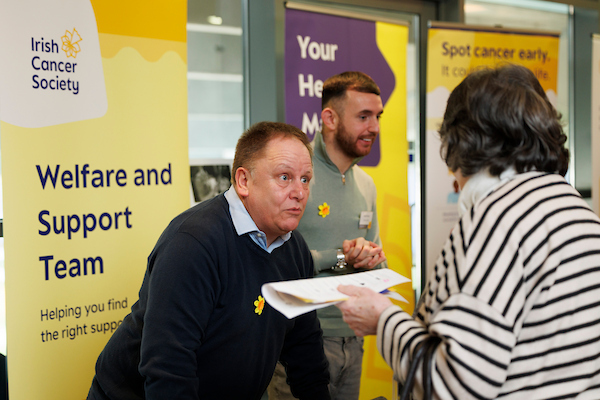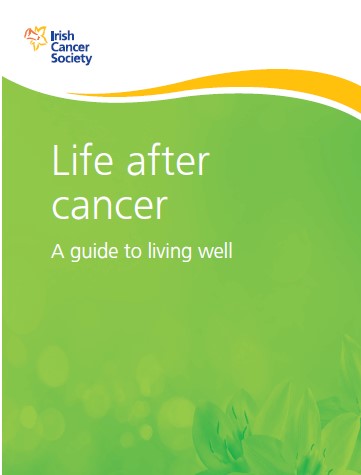Testicular cancer
After treatment
What follow-up do I need?
After your cancer treatment has ended, you will still need regular appointments with your cancer specialist. This is called follow-up. Your doctor will discuss your follow-up plan with you.
At first, these appointments will be quite frequent, sometimes every 3 or 4 months for the first 2 years. This is because the risk of testicular cancer coming back is highest in the first 2 years after your initial diagnosis.
After 2 years, you will be seen less frequently, dropping back to once a year in time. Your doctor or specialist nurse will let you know how often they would like to see you.
Make sure you understand your follow-up plan and have a phone number to contact if you have any queries.
Follow-up may involve physical exams, blood tests, X-rays and CT scans.
Your doctor will check for signs of testicular cancer that may have come back. Your doctor can also keep track of any ongoing side-effects that you may have.
Ask any questions you have and let your doctor know if you are having any problems. Tell them about any new symptoms, aches or pains you have or if you are finding it hard to cope. It can help to write down what you want to say beforehand so you don’t forget anything.
If you are between check-ups and have a symptom or problem that is worrying you, call your specialist nurse for advice or to arrange an earlier outpatient appointment if necessary.
If you become suddenly unwell and can’t contact your specialist nurse or hospital team, go to your GP or the emergency department at the hospital.
Why follow-up is important
It’s important to go to your follow-up appointments so your doctor can check for signs of the cancer coming back (recurrence) and help with any side-effects that you may have.
They can also check for new side-effects that may develop after you have finished treatment. It is best to be aware of these as early as possible so that suitable treatment can be given.
Life after treatment
The end of treatment is a time when people often expect to feel relieved, happy and able to get on with life again, but it can take some time to adjust and for your body and mind to recover.
We have information to help you with:
- Side-effects
- Your feelings after treatment
- Living a healthy lifestyle
- Financial and practical matters
LACES after-treatment workshop
Join our Life and Cancer – Enhancing Survivorship (LACES) programme when you have finished treatment or started maintenance therapy.
This workshop covers topics such as diet, exercise, wellbeing, finance and self-management and gives information on support and services to help you.
What if the cancer comes back?
Sometimes cancer does come back, even after successful treatment. When cancer comes back after it has been treated it is known as recurrence. Cancer cells may remain in your body and grow again, although your doctors do all they can to prevent this.
The risk of testicular cancer coming back depends on the type and stage of your testicular cancer. If recurrence is going to happen, it is most likely to occur in the first 2 years after treatment.
Unlike many cancers, even when testicular cancer does come back, it can still be cured.
How can recurrent testicular cancer be treated?
Testicular cancer can recur in your other testicle or in other parts of the body, such as your lymph nodes or lungs.
Treatments include:
If you have already had chemotherapy, your doctor may choose different drugs to give you if the cancer recurs.
Read more about chemotherapy.
This isn’t often used, but can be used if your cancer did not respond to first-line chemotherapy. It allows you to have much higher doses of chemotherapy than usual to try to destroy any remaining testicular cancer cells.
If the lymph nodes in your abdomen are affected by recurrent cancer, you may need surgery to remove the lymph nodes. This is known as retroperitoneal lymph node dissection (RPLND).
Read more about RPLND surgery.



Talk to a Cancer Nurse

Support Line
Our Daffodil Centres


